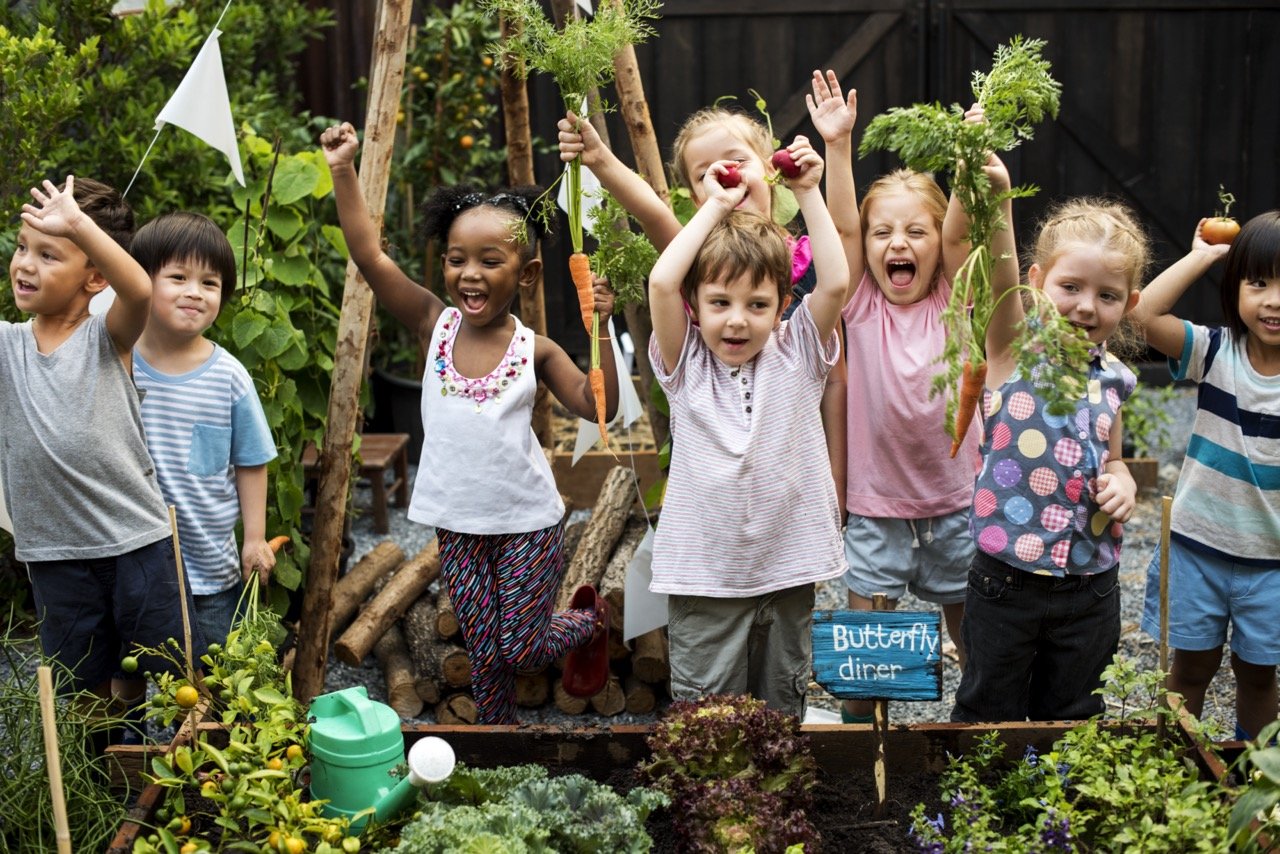Play, Learn, Thrive: The Development Benefits of Outdoor Learning
Step into a world where the classroom extends beyond four walls, where nature becomes the teacher, and wonder awaits at every turn. Outdoor learning has captured the hearts and minds of educators, parents, and caretakers alike, as research continues to unveil the transformative benefits it offers to children. In this blog post, we dive into the captivating realm of outdoor education, exploring the enriching experiences that await our young learners. Discover why embracing nature's classroom is a path to holistic development, academic excellence, and a deep connection to our precious planet.
@nowschool
Enhanced Love for Knowledge
A child's full academic potential is a shared aspiration among parents, caretakers, and teachers. Studies reveal that outdoor learning experiences ignite a flame of curiosity and ignite a love for knowledge. By engaging with nature's abundant wonders, children develop critical thinking skills, problem-solving abilities, and creativity. Embrace the magic of outdoor education to nurture your child's thirst for knowledge and empower them to excel academically.
Nurturing Well-being
A Breath of Fresh Air for the Mind and Spirit In the hustle and bustle of our fast-paced lives, the tranquillity of nature beckons. Outdoor learning environments provide a sanctuary where stress dissolves, and well-being flourishes. Research shows that children who spend time in natural settings experience reduced anxiety levels, improved mental health, and heightened overall well-being. Immerse your child in the soothing embrace of nature's embrace, nurturing their minds, and fostering a profound sense of calm.
Physical Development Unleashed
Thriving Bodies, Agile Minds Gone are the days of sedentary learning! The great outdoors beckons children to run, jump, and explore with wild abandon. Outdoor learning promotes physical activity, supporting the development of fine and gross motor skills. Through active play, children enhance their coordination, balance, and spatial awareness. By embracing the open spaces, we nurture healthy bodies and agile minds, paving the way for lifelong well-being.
Environmental Stewardship
Growing Guardians of Our Planet As caretakers of this magnificent planet, we bear the responsibility of instilling environmental consciousness in future generations. Outdoor education acts as a catalyst, fostering a deep connection to nature and cultivating environmental stewards. Children who experience nature firsthand develop a sense of awe, respect, and responsibility towards the environment. By immersing our young learners in outdoor learning, we sow the seeds of conservation, nurturing a generation committed to safeguarding our planet's future.
Social and Emotional Growth
Blooming Hearts, Flourishing Spirits Human connection thrives amidst nature's embrace. Outdoor learning environments provide a fertile ground for social interaction, collaboration, and emotional growth. By engaging in outdoor activities, children develop vital skills such as communication, teamwork, empathy, and resilience. These qualities equip them to navigate the complexities of life, forge meaningful relationships, and become compassionate global citizens.
Practical Tips for Empowering Children in the Outdoor Learning Process
Encourage Exploration: Foster a sense of curiosity and wonder by encouraging children to explore their natural surroundings. Provide opportunities for unstructured play, allowing them to discover and engage with the environment at their own pace.
Incorporate Nature in Lessons: Integrate nature-based activities and lessons into the curriculum. Whether it's a science experiment in the garden or a writing assignment inspired by a hike, find creative ways to connect classroom learning with the outdoors.
Involve Children in Design: Empower children to be active participants in transforming their learning environments. Include them in the process of planning and designing outdoor spaces, allowing them to have a voice in creating spaces that reflect their interests and needs.
Emphasize Sustainability: Teach children about the importance of sustainability and conservation. Encourage practices such as recycling, composting, and water conservation, instilling a sense of responsibility towards the environment.
Partner with Local Organizations: Collaborate with local environmental organizations or community gardens to expand outdoor learning opportunities. These partnerships can provide resources, expertise, and additional learning experiences for children.
Engage in Citizen Science Projects: Participate in citizen science projects that involve children in real-world scientific research. Activities like bird counting, plant identification, or water quality monitoring not only educate but also foster a sense of ownership and environmental stewardship.
Support Risk-taking and Resilience: Outdoor learning often involves some level of risk-taking. Encourage children to step out of their comfort zones, take calculated risks, and learn from failures. This helps build resilience, problem-solving skills, and self-confidence.
As parents, caretakers, teachers, and schoolmakers, we hold the key to unlocking the transformative power of outdoor education. By embracing nature's classroom, we provide our children with an extraordinary gift—a world of boundless wonder, where learning transcends traditional boundaries. Through practical tips and empowering strategies, let us nurture the minds, bodies, and spirits of our young learners, fostering a lifelong connection to the natural world and cultivating compassionate, engaged citizens.
© Juliette Schraauwers, All Rights Reserved. This content is intended for personal use only and cannot be distributed, reproduced, or sold without explicit permission from the copyright holder.






